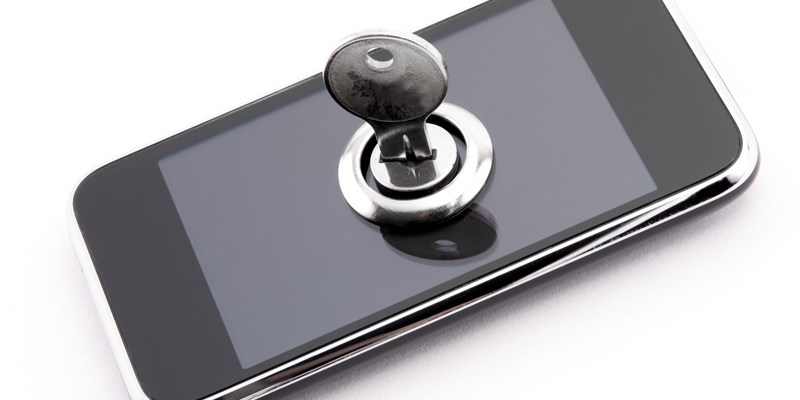Why we should care about Apple’s battle with the FBI

In our complex digital age, tensions between law enforcement agencies and tech companies continue to tighten. I do not underestimate the challenges posed by international terrorism, particularly after recent attacks around the world. But I wonder: what is proper oversight and supervision of the surveillance activities of national security and law enforcement agencies?
We learned just last month, for instance, that CSEC, Canada’s electronic spy agency, violated privacy laws and that CSIS, the Canadian security intelligence agency, obtained taxpayer information from the CRA without a warrant. These examples provide evidence that far more robust statutory and parliamentary oversight is necessary.
We need cool heads to carefully analyze what information national security agencies now have –– and how they use it ––before providing them further access to Canadians’ private data.
What we must avoid at all costs are knee jerk reactions. I am very concerned, for example, about suggestions that encryption services be compromised in the name of security. Some are calling for backdoors that would give law enforcement access to encrypted data. The ongoing legal battle in the United States between the Federal Bureau of Investigation and Apple illustrates the risks associated with creating these types of backdoors. This is a critical case with the potential for serious implications for Canadians.
At issue is the cell phone of one of the shooters in the attack that left 14 people dead in San Bernardino, California late last year. When the FBI couldn’t break into the locked, iPhone, they turned to a federal judge in California, who ordered Apple to build a new version of its operating system. This “forensic software” would allow the FBI to bypass the passcode on the iPhone. The trouble is you can’t have it both ways – the same door you open for law enforcement agencies could also be opened by the bad guys
The standoff between Apple and the FBI continues. Last Thursday, Apple filed its formal response to the court order -- a Motion to Vacate. On Monday, the tech company won a similar court battle with the FBI in a New York court. A federal magistrate there denied the government’s requests that Apple extract data from another iPhone, this time, involving a drug dealer. And on Tuesday, Bruce Sewell, Apple’s general counsel, and James B. Comey, FBI director, squared off in Washington before the House Judiciary Committee.
We have watched Canadian-owned Blackberry face similar demands from foreign governments who wish to access emails, messages, and other communications in the name of national security. But the Apple/FBI showdown is particularly troubling for Canadians because it is happening on our very doorstep, with a nation that shares many of our same values.
This case, after all, is not about one iPhone, or even all iPhones. It’s bigger than that because we live in such a hyper-connected age. Who’s to say the next step won’t be a court order to unlock devices in homes or cars? If the U.S. court rules against Apple, the case has the potential to set a very troubling legal precedent, here at home, and around the world.


